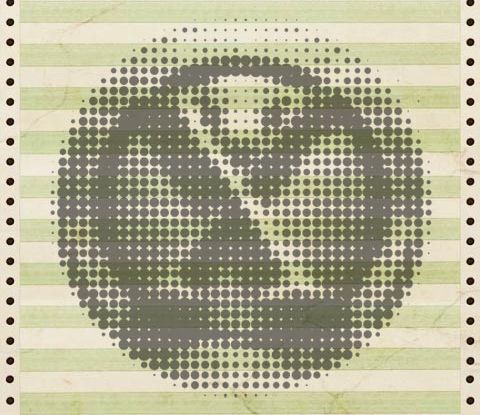It's a neurological variation. It's in the DSM because it's a variation that prevents certain types of function that are considered not only "normal" and "expected" but also necessary for the way most people live and interact.
A friend of mine who'd been in the mental health profession once explained to me that the difference between a personal way of living and doing things that may be unusual and something that's considered a problem, from a clinical standpoint, is in whether or not it seems to interfere with the ordinary living of life. For example, looking at pornography isn't a problem until it becomes so all-consuming that the person stops seeing friends and having relationships; has difficulty with work, housekeeping, and personal care; and can't seem to stop or adjust the amount of the activity to re-balance the other aspects of life. Then it's an addiction, not just a pleasurable pastime. Until then, it doesn't matter how much pornography is viewed, even if other people don't feel comfortable about it. In other words, does someone give up going out to a party that he or she would otherwise have attended because the draw of the pornography is too strong to give it up long enough to be with friends doing something else for a while? Or is it killing a marriage because the couple can no longer relate, due to one partner's inability to connect with a real person anymore?
I believe autism is considered a problematic condition, even in mild cases, because of the functional issues associated. The complaint we might have with that, however, is that a lot of the problems are really caused by intolerance and lack of understanding on the part of the majority, as with many other things that are not conditions, illnesses, injuries, or addictions. Being gay is not a mental illness just because some people are uneasy about it and because gays don't want the usual binary gendered romantic relationships. We're not impaired. Other people have been prejudiced and ignorant.
So, the question is how much of autism is rightly considered impairment and how much is acceptable variation that others should just chill about. That's the debate. Until autistics can be better heard, the debate can't move forward properly. And many people don't want to be pushed into treatments that would be proven inappropriate if autism were properly understood.
Learning NT behaviors and intellectual understandings of things NTs pick up naturally is like deaf people learning to read lips and speak. It's an adaptation that can be useful, but some are better at it than others. Sign language is still the more accessible language, and a person who doesn't read lips or speak well is not unable to read, write, drive, study, teach, dance, and so on. The lessened or lack of ability to hear (there's a range for deafness, as with many things) will make some things difficult and others impossible, but most things in life are possible, even if some adaptation is required in order to accomplish them. So, it's a matter of finding out what's possible, what's not, what it takes to make the possible more attainable, which adaptations are best for which individuals, and then how far any particular individual can go. You can't discover these things by refusing to learn from deaf people. And you can't expect that hearing aids, cochlear implants, or intensive lip reading and speech training will be appropriate for every deaf person, nor can you expect all of them to be capable of the truly amazing things that a few have been able to manage. On TV once, I saw a deaf woman who both sings and plays musical instruments very well. But she's not a common example.
Food for further thought: It used to be that deaf children were forbidden, in many schools designed for them, to sign at all. It was thought to impede the development of lip reading and speech skills. This was eventually proven false. Furthermore, sign, as a fully accessible language, was finally proven vital to the development of the ability to understand fully how language works. It's very damaging to prevent full access to language during the prime language developmental period in childhood. So, preventing signing was actually doing harm. But the people in charge didn't know this, so they ignorantly did things like beat kids and tied their hands if they caught them signing.
And one more interesting note: Sign language, by the way, is the only language in the world taught primarily to children by other children. All the rest rely more heavily on adults teaching children.
_________________
Life is a classroom for a mind without walls.
Loitering is encouraged at The Wayshelter:
http://wayshelter.com












